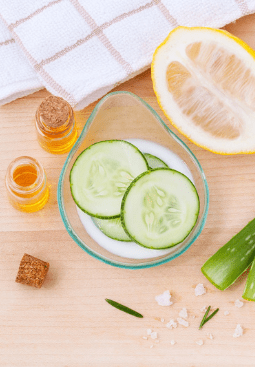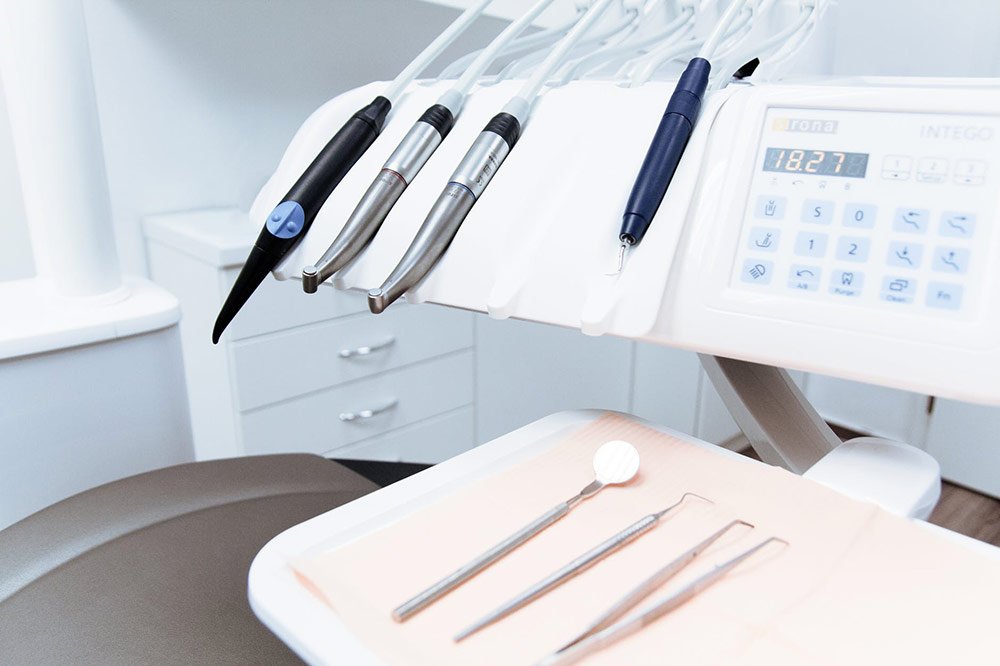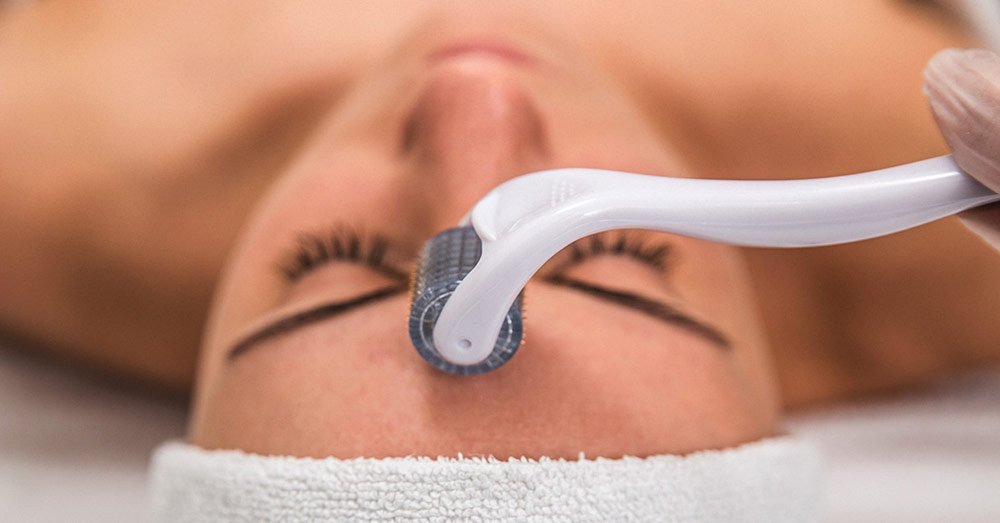[vc_row][vc_column][vc_column_text]Skin is the largest organ of our body. Human skin can be dry, oily, normal or the combination type. The skin’s natural moisturizing factors (NMF) are located in the stratum corneum which is the uppermost sublayer of the outermost superficial layer of skin which is called as epidermis . The ingredients urea, lactate, amino acids, are part of a group of components collectively called natural moisturizing factor (NMF). NMF are responsible for the absorption and retention of water and hence for the maintenance of skin hydration. The process of shedding of dead skin takes place in stratum corneum, responsible for replacement of dead cells by healthy and layer of new cells.
Environmental changes and advanced age can result in lowered NMF levels. Reduced levels of the NMF have been found in many disorders such as Atopic dermatitis, Psoriatic skin, Ichthyosis, Xerosis, as well as old age, wrinkled parched skin.
The perspicacity that hydration is something that only people with dry skin need to be bothered about is not only incorrect but is also misleading. Body and skin ,both need hydration equally, irrespective of skin type, gender and ethnicity.
But what do we mean when we say Skin needs Hydration ? Is it the same as moisturization ? And with ample of different products asserting to give the hydrated supple dewy skin, how to pick and choose one that actually gives the skin the apt dose of hydration/moisture it needs? Lets help you understand what do these words mean and their importance in keeping the skin forever young and healthy.
DEFINING “HYDRATION” AND “MOISTURIZATION” TERMS
“Hydration” is the absorption of moisture from the air and then immersion of it into the cells to improve skin’s competence to absorb moisture and nutrients. Hydration makes our skin feel soft, but it won’t stay the same if there is no shield to protect that hydration from escaping and will eventually leave the skin dry and flaky. Application of oil on dehydrated skin may visibly smoothen it, but it will still be lacking the supple and soft feeling that comes from hydration.
“Moisturization”on the other hand is about locking the trapped moisture to build skin’s natural protective barrier. This prevents any water loss and maintain soft and smooth skin.
SO… WHERE DOES THE DIFFERENCE LIE ? and how to choose according to skin type?
That feel of over tight, dull,dry, lack of luminosity kinda skin, That’s what hydrators and moisturizers are for. They both work to combat dryness and dehydration to help you achieve youthful, supple dewy skin. “One absorbs the moisture while another seals it”.
Hydrators are ingredients also called as humectants, such as hyaluronic acid ,amino acids (urea), aloe vera gel , ceramides , alpha-hydroxy acids (lactic acid), glycerin, sugar alcohols (glycerol and sorbitol), honey, molasses, egg white and yolk, and others that absorb water from the atmosphere or your skin and hold it in place. Urea is a well-known humectant that for decades has been included in moisturizers to improve skin hydration esp in diseases like Atopic dermatitis or Icthyosis.
Moisturizers are oil-based ingredients work by Creating a seal on the surface of skin and hence they prevent Hydration from escaping the skin. Emollients,helps in softening and smoothening of the skin. Occlusives, help provide a barrier that sits on the surface of the skin and prevents transepidermal water loss. Common are lipids and oils, colloidal oatmeal, shea butter ,waxes (beeswax), silicone, oils (olive and soybean), dimethicone, lanolin, mineral oil and isopropyl palmitate. They help restore the skin’s natural lipid barrier that depletes with age and can help improve the appearance of wrinkles and firmness.
A randomized controlled study was conducted and published in Indian journal of Drugs in dermatology by a group assessing the efficacy of different moisturizing creams in maintaining the hydration of the skin which concluded that ‘epidermal hydration produced by moisturizers influences the electrical properties of skin. Humectants cause a significant increase in moisture levels as assessed by digital skin moisture analyzer’.
CHOICE OF HYDRATORS AND MOISTURIZERS ON THE BASIS OF SKIN TYPE :
DRY SKIN?, that means your skin lacks oil and it needs a seal to prevent the escape of water molecules. Human skin is coated with thin film of an acid mantle (4.4-6 pH) which helps to keep the moisture in and bacteria and other infections out. But due to frequent use of soap washing , it gets damaged and hence to normalize the skin, moisturizers used should have an acidic range to maintainthe mantle. A thick, emollient moisturizer will help prevent water from escaping your skin and, with the right formulation and ingredients, will provide the nutrients and nourishment your skin and complexion needs to thrive all winter long.
solution: petrolatum,aloe vera gel, glycerine, oils including plant oils, like jojoba oil, and nut oils, like coconut oil.
DULL DEHYDRATED SKIN?, your skin lacks water resulting in a less supple and much prematurely aged appearance and it needs to be hydrated. Look for a hydrating serum such as with hyaluronic acid, which retains an impressive 1,000 times its weight in water and will add a healthy dose of hydration back into the skin along with an anti-aging moisturizer cream.
solution: hyaluronic acid, aloe vera, honey, anti-aging creams with tri-peptide etc.
OILY SKIN?, water-based hydrators and moisturizers can be the resort. People with oily skin often have compromised barrier function, which makes it difficult for the skin, to retain moisture. As moisture leaves the skin,or instead people with oily skin often keep the skin dry and skip moisturizers to keep the oily skin at bay, it in turn becomes dehydrated, asking the oil glands to produce more oil.
Solution : lies in Looking for water-based, non-comedogenic hydrators and moisturizers. Water-based products will feel lighter on the skin and won’t clog the pores.Humectants like panthenol, glycerin ,hyaluronic acid, aloe vera gel as well as Creams with niacinamide proven to increase epidermal thickness and barrier function of the skin.
The end goal of both the Hydrators and Moisturizers might be the same , a better hydrated supple ,youthful skin ,but the game plan to get there depends on your skin type and choice of products. If you look for dewy, hydrated complexion year-round, the answer is never just one or the other thing. After all, there’ll definitely be some point, like winter, where you’ll need to hydrate as well as moisturize,but the key is knowing WHAT WHEN AND HOW MUCH.
References :
1. Beauty skin care hydration and moisture/healthline
https://www.healthline.com/health/beauty-skin-care/hydration-moisture
2. NCBI
https://www.ncbi.nlm.nih.gov/pmc/articles/PMC3141305/
3. https://pubmed.ncbi.nlm.nih.gov/18616783/
4. Indian journals of drugs and dermatology
https://www.ijdd.in/article.asp?issn=2455-3972;year=2015;volume=1;issue=1;spage=19;epage=22;aulast=Dashore
5. Understanding the role of NMF in skin hydration http://v2.practicaldermatology.com/pdfs/PD0712_FTR_NMFReview.pdf[/vc_column_text][/vc_column][/vc_row]



